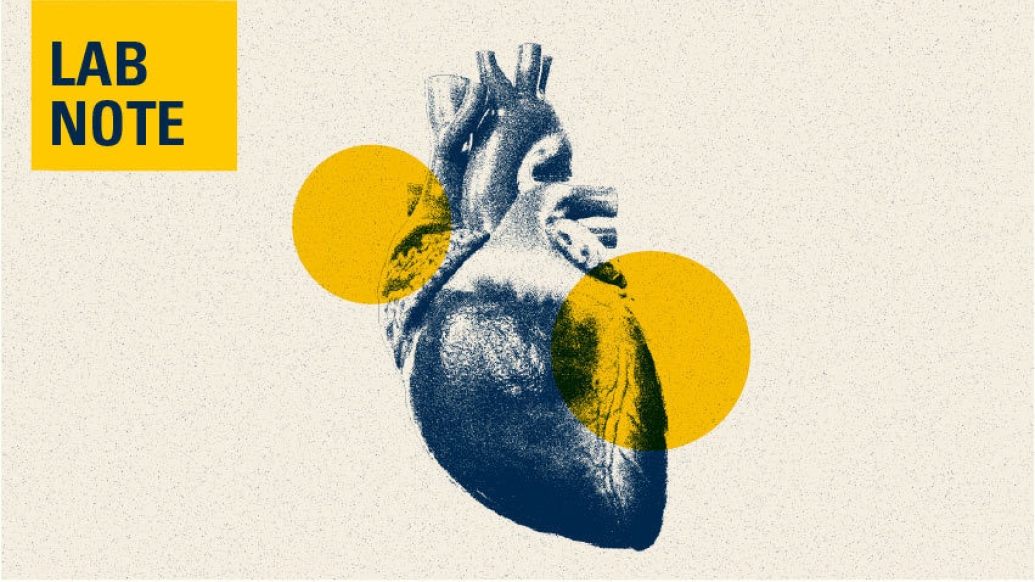Study finds shared genetics between two inherited diseases of the arteries.
11:52 AM
Author |

One disease is more common in people assigned female at birth, while the other is more common in people assigned male at birth. But a new publication details a "shared complex genetic architecture" between the cardiovascular conditions that could explain why, when one member of a family develops fibromuscular dysplasia, another may develop an abdominal aortic aneurysm.
"We used complementary genetic approaches to validate the relationship between these two highly sex-biased conditions, raising some interesting questions regarding sex differences relating to a common, shared genetic risk profile," said senior author Santhi K. Ganesh, M.D., an associate professor of internal medicine and human genetics, and a cardiologist at the University of Michigan Health Frankel Cardiovascular Center.
Ganesh and colleagues analyzed family histories from 73 people with FMD and 463 of their first-degree relatives who volunteered to participate in clinical research. They discovered that, in a family where one person had FMD, the risk of a male member of that family developing an abdominal aortic aneurysm was significantly higher. For example, the father of a person with FMD was twice as likely to experience AAA, according to results published in Circulation: Genomic and Precision Medicine.
The research team then compared a new polygenic risk score for FMD and established polygenic risk scores for AAA to verify a shared genetic basis for both diseases, Ganesh says. The results point to specific genes that may underlie both diseases, providing new biological understanding of vascular diseases. The findings also support that screening for abdominal aortic aneurysm in male relatives of patients with FMD may be useful, along with currently established AAA screening guidelines.
Paper cited: "Fibromuscular dysplasia and abdominal aortic aneurysms are dimorphic sex-specific diseases with shared complex genetic architecture," Circulation: Genomic and Precision Medicine. DOI: 10.1161/CIRCGEN.121.003496

Explore a variety of health care news & stories by visiting the Health Lab home page for more articles.

Department of Communication at Michigan Medicine
Want top health & research news weekly? Sign up for Health Lab’s newsletters today!





